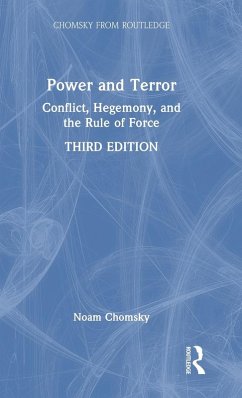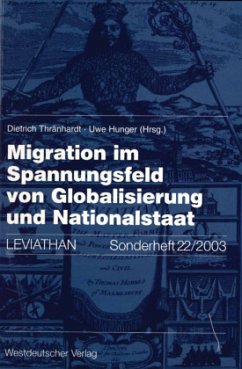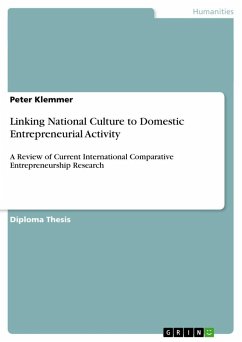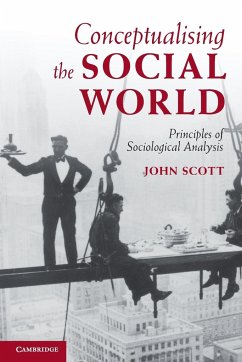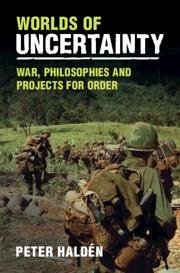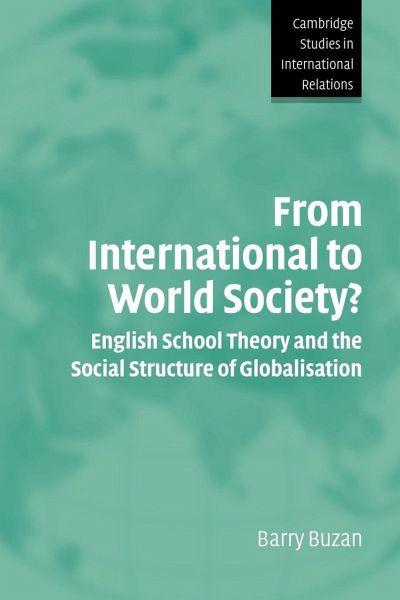
From International to World Society?
English School Theory and the Social Structure of Globalisation
Versandkostenfrei!
Versandfertig in 1-2 Wochen
39,99 €
inkl. MwSt.
Weitere Ausgaben:

PAYBACK Punkte
20 °P sammeln!
How does one understand the idea of society on a global scale, where the members are not individuals, but states, firms, NGOs and nations? The English school represents a strong tradition of thinking about these unusual societies, and in this book Barry Buzan offers a fresh contribution to that tradition. He sets out a new theoretical framework emphasising social structure that can be used to address globalisation as a complex political interplay among state and non-state actors.
In this 2004 book, Barry Buzan offers an extensive critique and reappraisal of the English school approach to International Relations. Starting on the neglected concept of world society and bringing together the international society tradition and the Wendtian mode of constructivism, Buzan offers a new theoretical framework that can be used to address globalisation as a complex political interplay among state and non-state actors. This approach forces English school theory to confront neglected questions about both its basic concepts and assumptions, and about the constitution of society in terms of what values are shared, how and why they are shared, and by whom. Buzan highlights the idea of primary institutions as the central contribution of English school theory and shows how this both differentiates English school theory from realism and neoliberal institutionalism, and how it can be used to generate distinctive comparative and historical accounts of international society.





